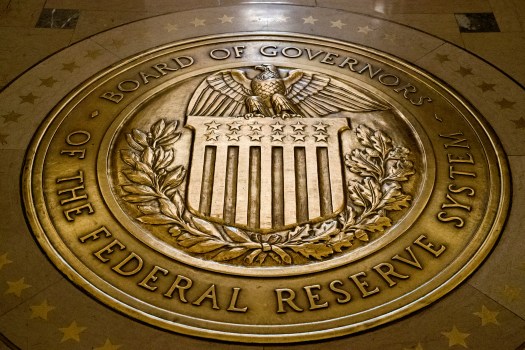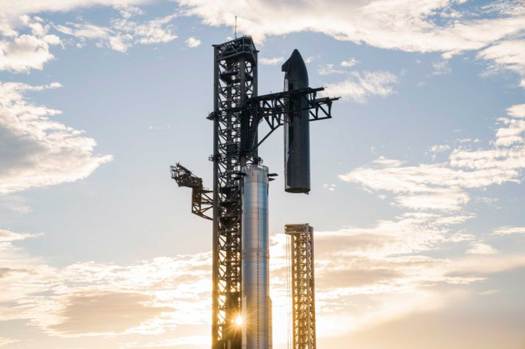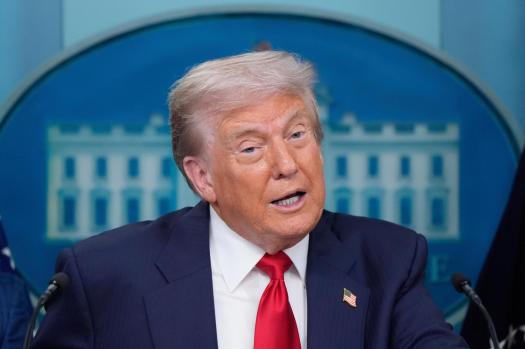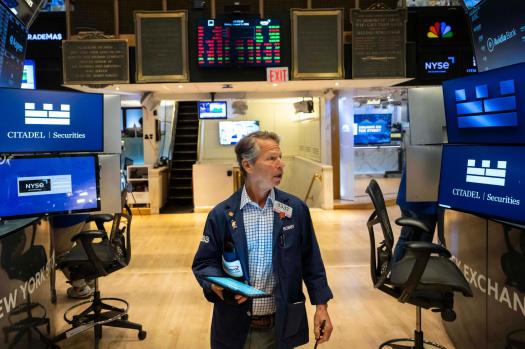Written by AP Economics Writer Christopher Ruger
Washington (AP) In a show of discord at the Fed that reflects the uncertain future for the economy and perhaps the competition to succeed Chair Jerome Powell when his term ends in May 2026, two senior Fed officials may disagree with the central bank’s probable decision on Wednesday to keep its main interest rate unchanged.
Related Articles
-
US stock market holds steady ahead of a Federal Reserve decision on interest rates
-
7 Central Florida restaurants shut down last week
-
Trump announces 25% tariff on India and unspecified penalties for buying Russian oil
-
Asked on Reddit: How do I recover from a big money mistake?
-
Along with a strong second quarter rebound for the US economy, some red flags
Governors Christopher Waller and Michelle Bowman may vote against keeping the short-term rate at roughly 4.3% based on their public remarks during the last two months. If true, it would be the first time in more than thirty years that two of the Fed’s seven governors have disagreed.
If President Donald Trump selects a successor who advocates for the significantly lower interest rates the White House wants, the split may be a sign of what might occur after Powell leaves. If a future chair wanted to lower rates more than the economy would ordinarily allow, other Fed members might object.
Trump urged Powell to lower interest rates on Wednesday, citing a report that showed the economy grew at a 3% annual pace in the second quarter as proof that growth is quickening. However, when the economy is struggling and threatens to cause unemployment to rise, the Fed usually lowers borrowing costs.
The 3% statistic may not accurately reflect the state of the economy. The economy shrank by 0.5% annually during the first three months of the year, which led to a negative reading. For the first half of the year, most economists are averaging the two numbers to arrive at a growth rate of roughly 1.25%. The Fed might lower interest rates as early as September if that slowdown persists.
Any opposition for the time being would also probably highlight the fact that there are at least two perspectives on the American economy, which is obviously changing. The first is the description given by the majority of Fed officials: The economy is expanding, albeit slowly, and unemployment is at a low 4.1%. In June, inflation did slightly increase, mostly due to tariffs.
Therefore, the reasoning goes, why not maintain rates and watch what occurs next? The Fed usually boosts borrowing costs to fight inflation, so a rate decrease may make matters worse if it keeps getting hotter. Furthermore, cutting is not necessary to encourage growth as long as the economy is doing well.
The other perspective is more concerning: Slow hiring, weaker consumer spending, and rather small total growth are all indicators that the economy is deteriorating. The economy most likely grew at an annual rate of roughly 1.5% during the first half of the year. However, tariffs have so far reduced inflation by less than many analysts had anticipated.
In a lecture earlier this month, Wallers outlined this economic outlook.
Payroll growth in the private sector is almost at a standstill, according to Waller. We should lower the policy rate now rather than waiting for the labor market to worsen.
Lower borrowing prices for credit cards, vehicle loans, and mortgages are frequently, but not always, the outcome of the Fed’s rate reduction.
Waller’s worries about the labor market are shared by several economists. Just 74,000 new jobs were created in the economy in June, excluding government hiring, with the majority of those increases taking place in the health care sector.
According to Tom Porcelli, chief U.S. economist at PGIM Fixed Income, we are in a lot slower job hiring environment than most people realize.
During his first term, Trump named Waller to the Fed’s seven-member governing board. He has frequently been brought up as Powell’s possible replacement. In multiple presentations, Waller has emphasized that he does not believe Trump’s tariffs will result in consistently rising inflation.
During Trump’s first term, Bowman was also chosen as the vice chair for regulation. In June, she recommended that the Fed lower borrowing costs shortly. Although it is more unlikely, Bowman might possibly replace Powell.
In a note to clients this week, JPMorgan Chase economist Michael Feroli stated that if the two were to dissent, it would be more about trying out for the Fed chair position than it would be about the state of the economy.
Following a week of unusual contacts with the Trump White House, which has charged Powell with mishandling a massive, $2.5 billion refurbishment of two office buildings, the Fed will meet for two days. Trump has subsequently retracted his suggestion that the project’s growing cost could be grounds for termination, which he made two weeks ago.
Notably, Trump contends that the Fed should lower interest rates because the economy is doing so well. This is in contrast to almost all economists who believe that rate reduction are unnecessary for a robust, expanding economy.
According to Porcelli, you should have higher short-term rates if your economy is doing well.

















